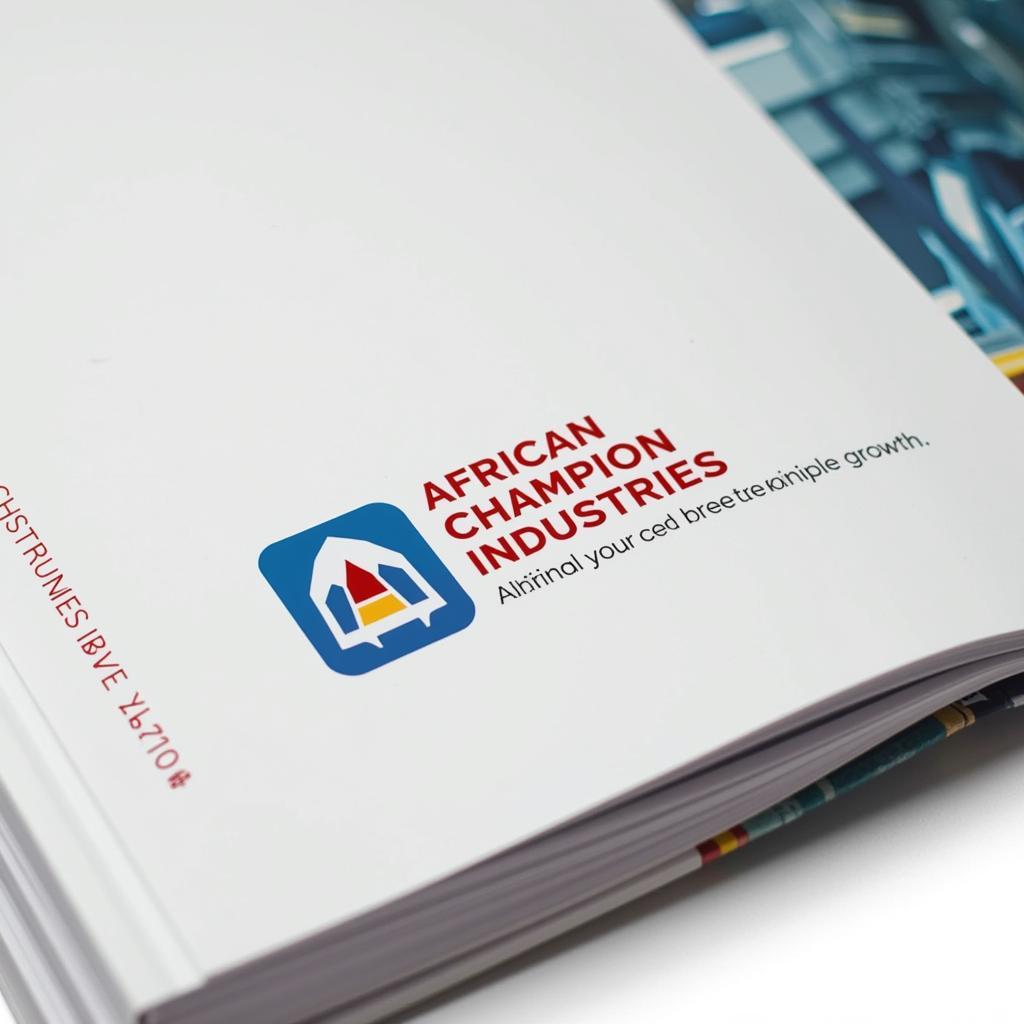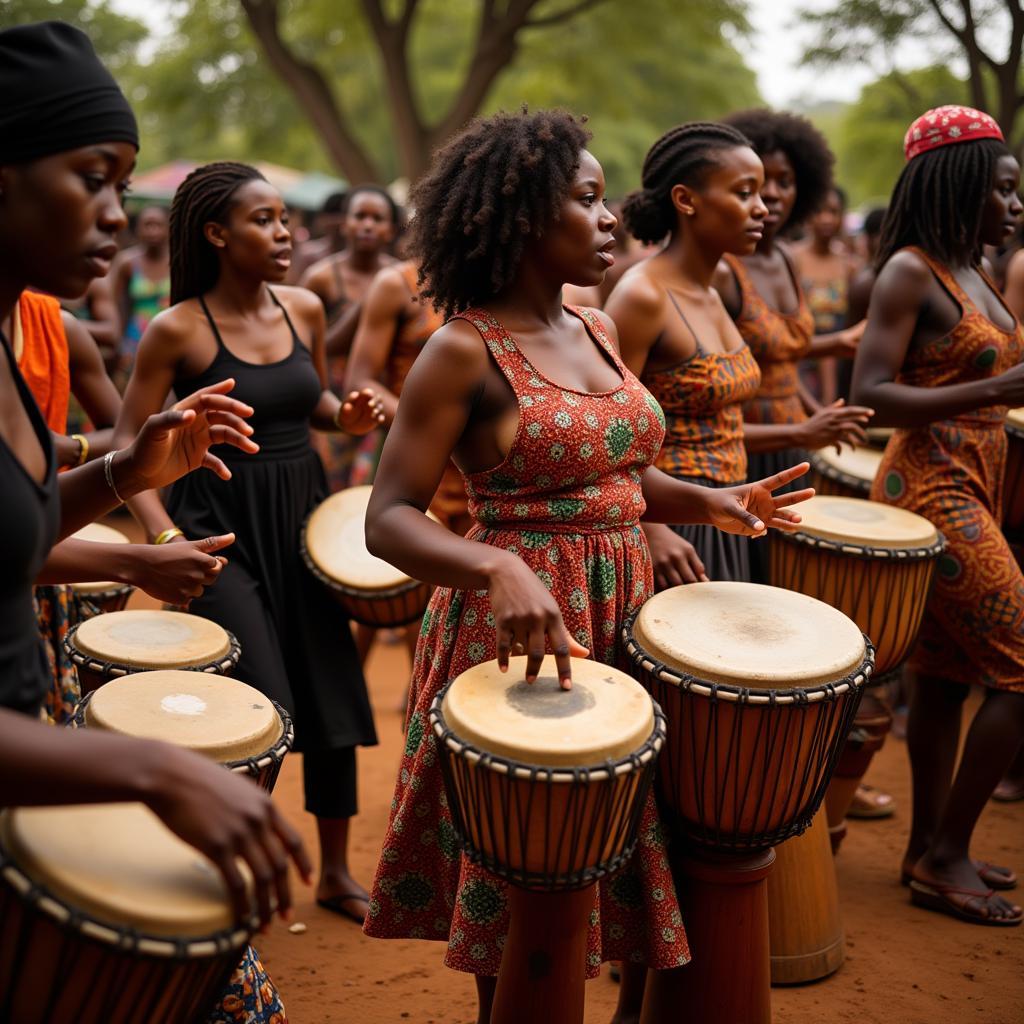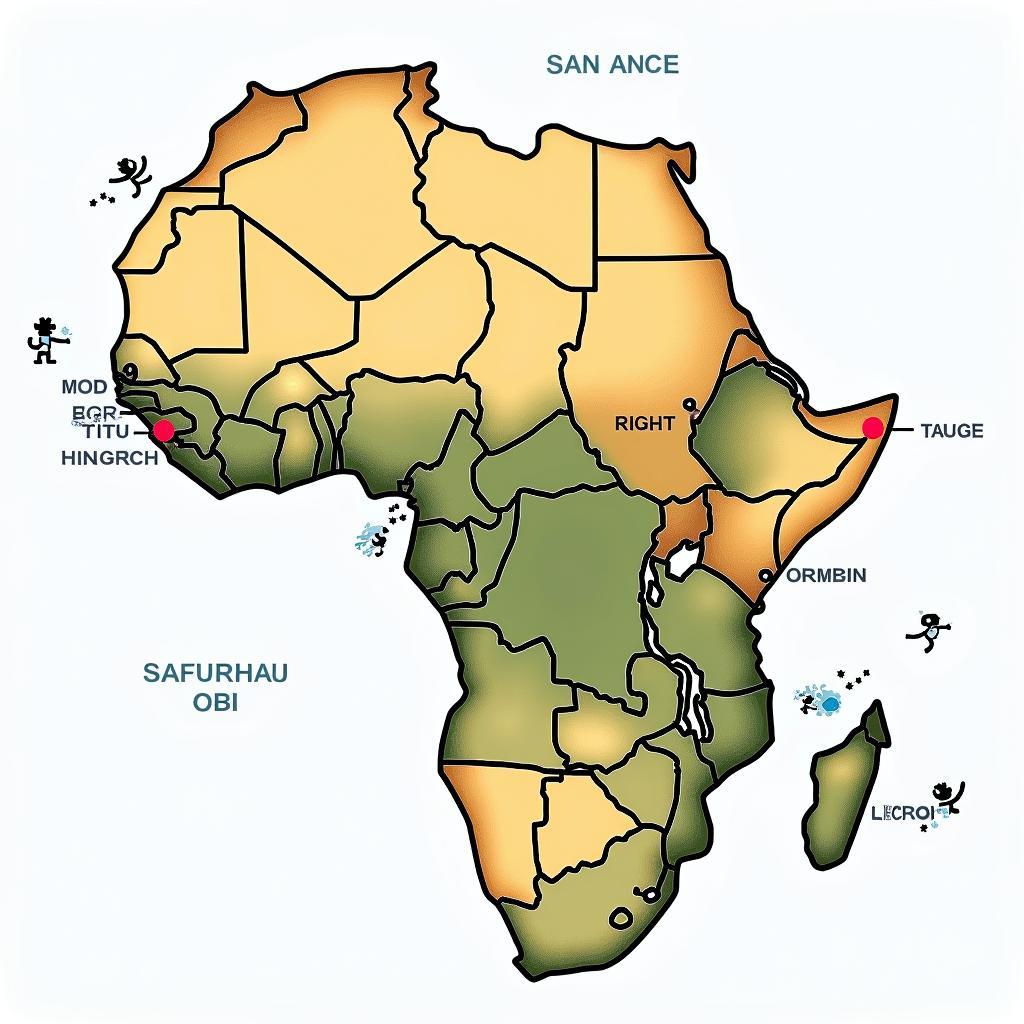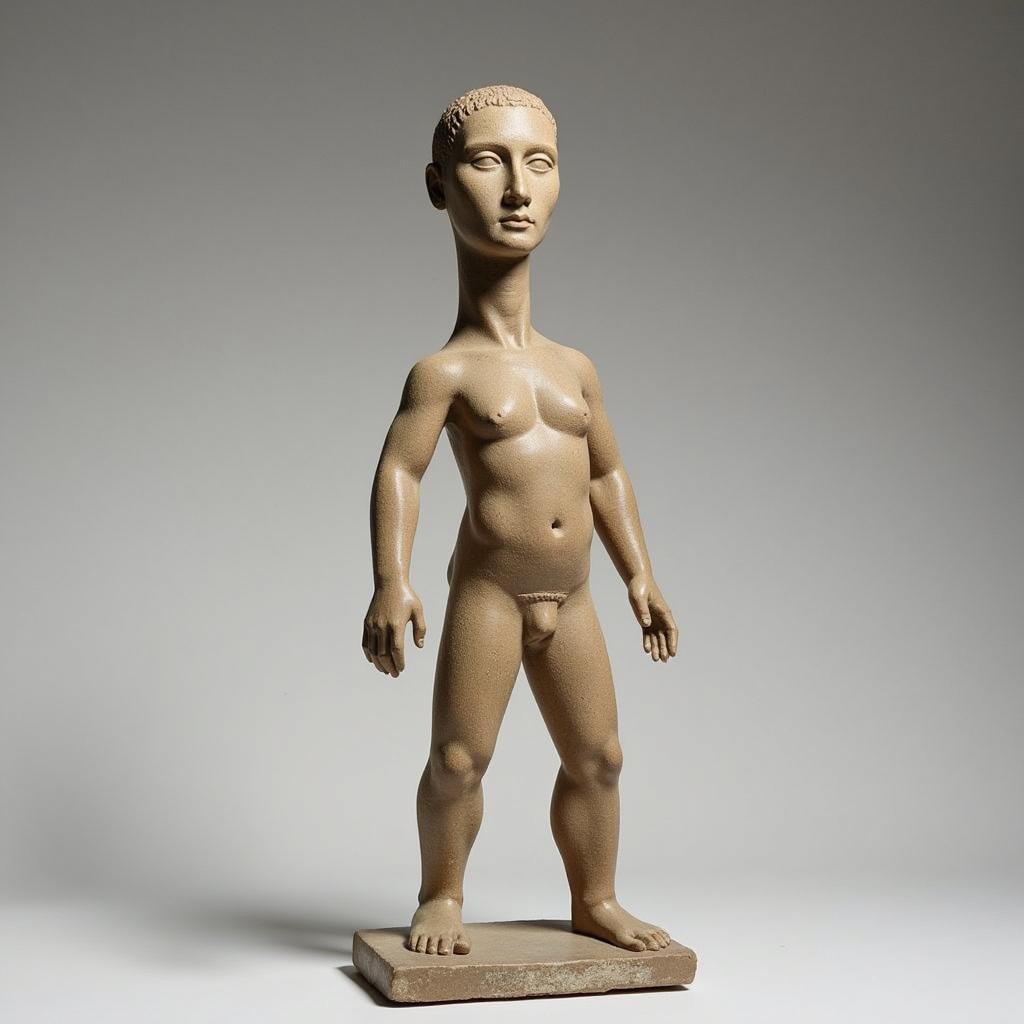The African Husband: A Deeper Look into the Dynamics of Marriage in Africa
The African Husband is a complex and multifaceted figure who plays a vital role in the fabric of African society. This article explores the various aspects of being an African husband, delving into the cultural nuances, historical influences, and modern-day perspectives on marriage and family life in Africa.
Unveiling the African Husband: From Traditional Roles to Modern Realities
In many African cultures, the role of a husband is deeply ingrained in tradition and societal expectations. He is often seen as the head of the household, responsible for providing financial support, protecting his family, and maintaining a strong social standing within the community. While these traditional roles may be upheld in some communities, the reality is that the African husband of today navigates a changing world with evolving expectations and a growing awareness of gender equality.
The Weight of Responsibility: A Look at Traditional Expectations
For centuries, the African husband has carried the weight of tradition. He is expected to uphold the family’s honor, maintain a strong reputation, and ensure the well-being of his wife and children. These expectations are deeply rooted in the belief system of many African communities, where family ties are paramount and the role of the husband is pivotal in ensuring harmony and stability.
“Traditionally, the African husband is expected to be a provider, a protector, and a leader,” says Dr. Abena Owusu, a renowned anthropologist specializing in African cultural studies. “These roles are not just about fulfilling individual needs but also about upholding the social fabric of the community.”
Navigating Change: Adapting to Modern Realities
As Africa enters the 21st century, the African husband is navigating a new landscape. While traditional expectations still hold sway in many communities, the rise of education, urbanization, and exposure to global trends has led to a shift in attitudes toward marriage and gender roles. Modern African husbands are increasingly involved in childcare, household chores, and decision-making processes, leading to more egalitarian partnerships.
“While traditional roles still hold weight, modern African husbands are embracing more shared responsibilities within their families,” notes Professor Akwasi Adjei, a sociologist studying modern marriage trends in Africa. “This shift reflects a growing awareness of equality and a willingness to embrace new models of partnership.”
The African Husband in the 21st Century: A Blend of Tradition and Modernity
The African husband of today is a complex figure, embodying a blend of tradition and modern aspirations. He seeks to honor his cultural heritage while embracing the changing realities of the 21st century. This dynamic creates a fascinating intersection of expectations, where the African husband must balance the weight of tradition with the desire for a more equitable partnership.
Embracing Equality: Challenging Gender Roles
The modern African husband is becoming increasingly aware of the need for gender equality within marriage. This awareness is driven by factors such as education, exposure to global narratives, and a growing understanding of women’s rights. As a result, we are witnessing a shift towards more collaborative partnerships, where both spouses share responsibilities and decision-making.
“Men are becoming more aware that sharing household responsibilities and child-rearing is not just about equality; it is about creating a stronger foundation for family life,” says Dr. Owusu. “This shift is empowering both husbands and wives to build more fulfilling partnerships.”
The Evolution of Communication: Building Stronger Bonds
In addition to shared responsibilities, effective communication is becoming increasingly important in modern African marriages. The African husband of today is more likely to engage in open and honest dialogue with his wife, creating a space for mutual understanding and a stronger foundation for a fulfilling relationship.
“Effective communication is crucial for modern African couples,” states Professor Adjei. “It allows for open dialogue about expectations, challenges, and aspirations, fostering a sense of partnership and mutual respect.”
Exploring the Diverse Landscape of African Husband Experiences
The African husband experience is not uniform. Africa is a continent of incredible diversity, and marriage practices vary widely across different regions, ethnic groups, and religious affiliations. Understanding this diversity is crucial for gaining a comprehensive perspective on the African husband experience.
Cultural Nuances: Understanding Diverse Perspectives
From the patrilineal systems of many West African societies to the matrilineal systems prevalent in some parts of Ghana and parts of Southern Africa, the role of the husband within marriage differs considerably. In some communities, the husband’s family plays a significant role in shaping his responsibilities and expectations within marriage.
“It is crucial to recognize that the African husband is not a monolith,” says Professor Adjei. “Each cultural group holds its unique perspective on marriage, shaping the roles and responsibilities of both husband and wife.”
Modern Trends and Shifting Paradigms: A Glimpse into the Future
The modern African husband is not a static figure. He is evolving alongside societal changes, driven by factors such as education, urbanization, and the growing influence of global trends. This ongoing evolution is shaping the future of marriage in Africa, bringing new perspectives on gender roles, partnership, and the meaning of family.
“The future of the African husband lies in embracing a more equitable and collaborative approach to marriage,” suggests Dr. Owusu. “This approach will require open communication, shared responsibilities, and a mutual respect for the aspirations and well-being of both partners.”
Conclusion: Honoring Tradition, Embracing Change
The African husband is a complex and fascinating figure, navigating a landscape shaped by tradition, modernity, and an evolving understanding of marriage. By acknowledging the diversity of experiences across the continent, and recognizing the ongoing evolution of the role of the husband, we gain a deeper understanding of the rich tapestry of family life in Africa. The African husband of today stands at the intersection of tradition and modernity, a testament to the resilience of African culture and its ongoing journey towards a more equitable and fulfilling future.
FAQs
-
What are some common challenges faced by African husbands today?
- Balancing traditional expectations with the desire for a more egalitarian partnership.
- Navigating societal changes and the evolving definition of marriage.
- Managing financial pressures and the need to provide for their families.
- Adapting to modern communication and technology within relationships.
-
How is the role of the African husband changing in the 21st century?
- The African husband is taking on more shared responsibilities within the family, including household chores and childcare.
- He is also becoming more involved in decision-making processes, leading to a more collaborative partnership.
- Increased emphasis on communication and mutual understanding within marriage.
-
What are some positive trends shaping the future of the African husband?
- Growing awareness of gender equality and the importance of equitable partnerships.
- Increased access to education and opportunities for both men and women.
- Greater acceptance of diverse models of marriage and family life.
-
What are some resources available to African husbands who want to learn more about building strong and fulfilling relationships?
- Community-based organizations and support groups.
- Marriage counseling services.
- Books and online resources on communication, conflict resolution, and building healthy relationships.
-
How can individuals contribute to creating a more supportive environment for African husbands and their families?
- Challenge gender stereotypes and promote equality in all aspects of life.
- Support organizations working to empower men and women and strengthen family bonds.
- Engage in open conversations about marriage and family life, promoting understanding and respect.
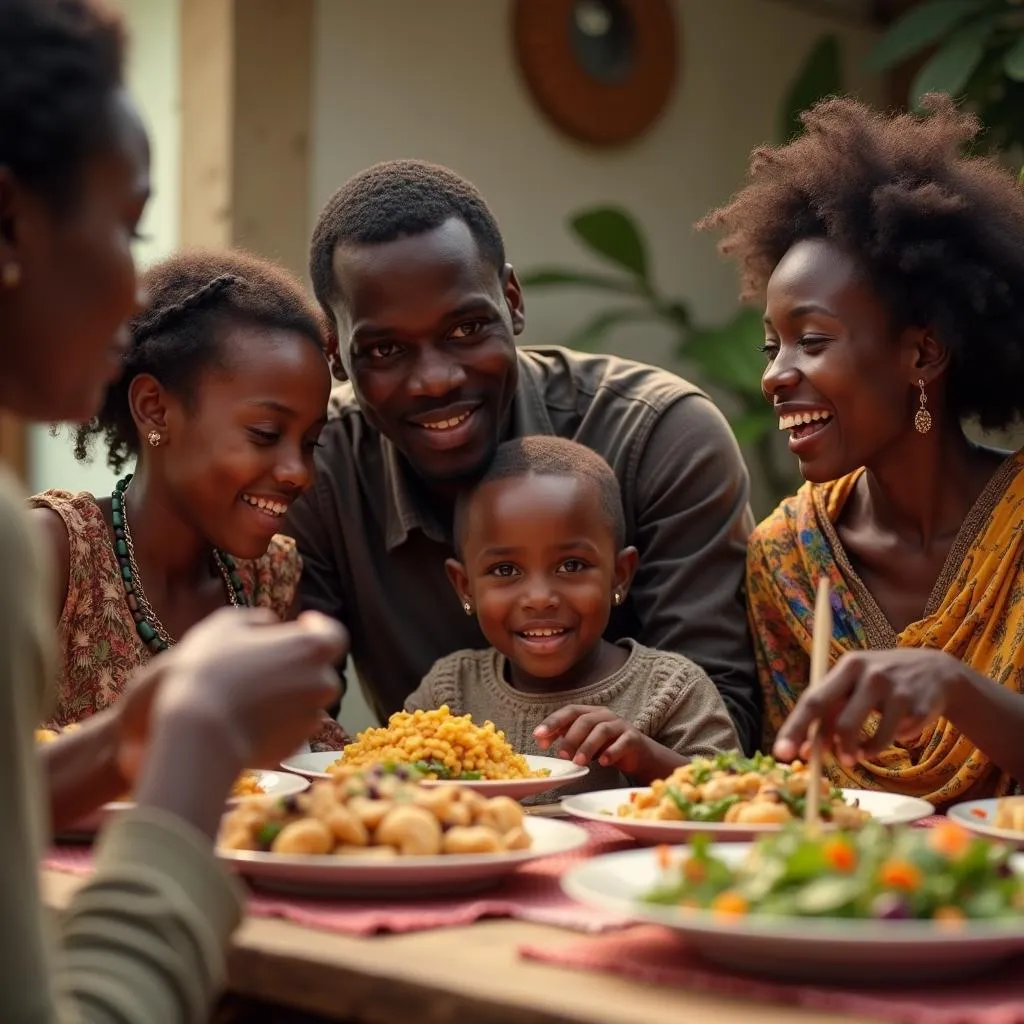 African Husband and Family Unity
African Husband and Family Unity
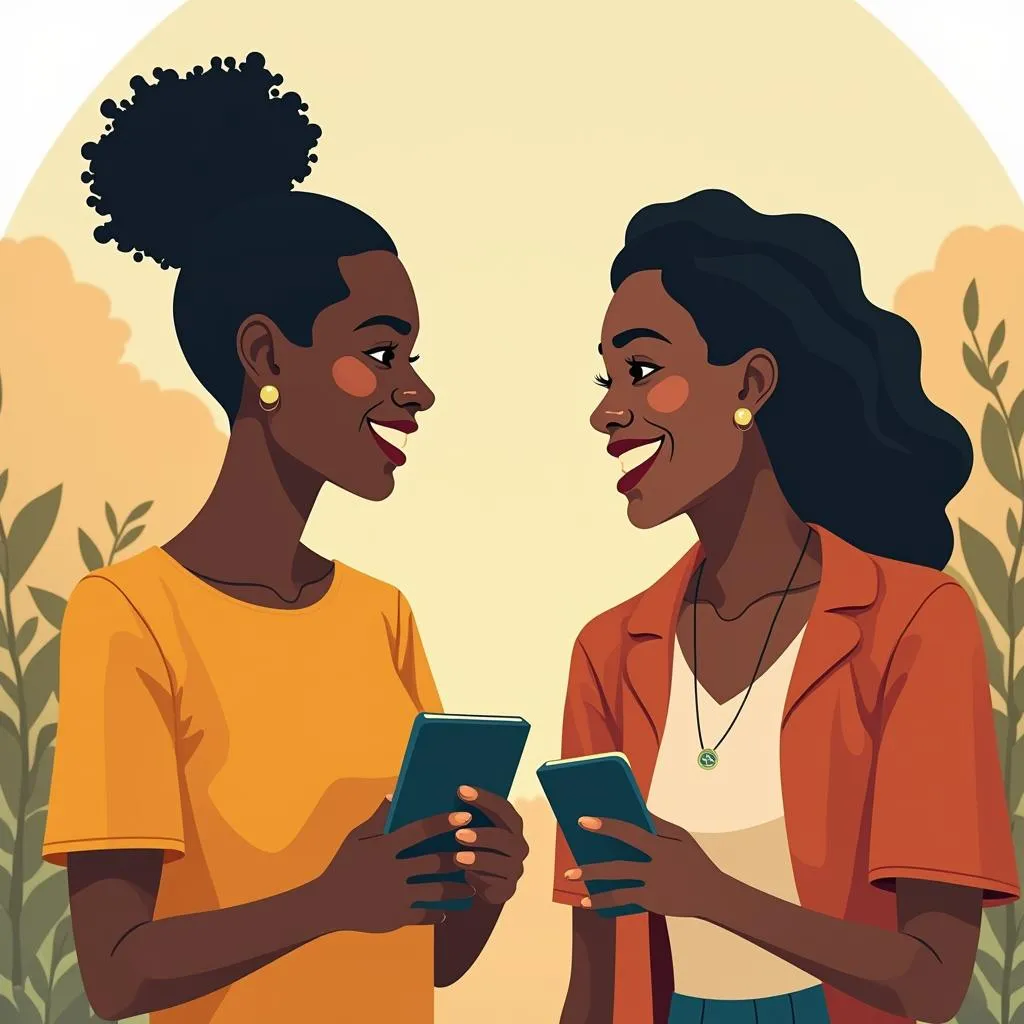 Modern African Husband and Marriage
Modern African Husband and Marriage
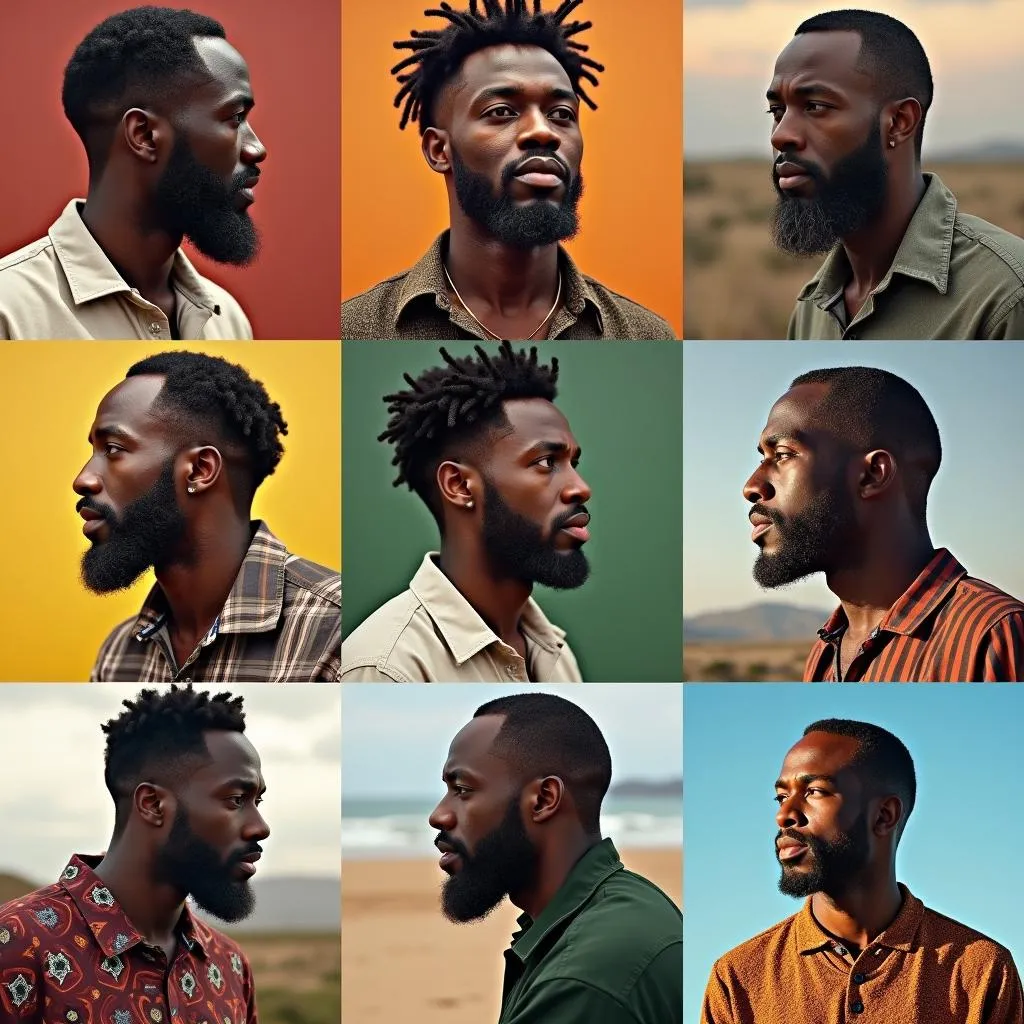 African Husband Cultural Diversity
African Husband Cultural Diversity
Note: Please replace the <shortcode> with the actual image URL or path.
